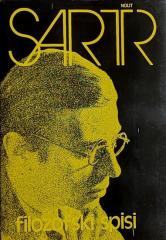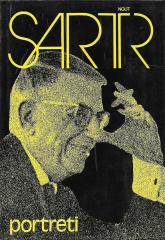
Doba praznine
In the book The Age of Emptiness, French philosopher and sociologist Gilles Lipovetsky analyzes contemporary society through the prism of individualism, consumerism, and emotional emptiness.
The work depicts the transition of Western societies from a collectivist and ideological framework to a new phase of postmodern individualism, where traditional values, authorities and political passions disappear. Lipovetsky describes how 20th-century society has experienced a "quiet revolution", dominated by a narcissistic culture, a focus on personal satisfaction and the aesthetics of everyday life. People are increasingly seeking self-realization and personal happiness, but at the same time they feel emotional emptiness and a loss of meaning.
The author emphasizes that modern existence is based on consumption, hedonism and superficiality, while grand ideologies have been replaced by private interests and the desire for a comfortable life. The "age of emptiness" does not necessarily mean depression or hopelessness, but shows how the meaning of life is sought in small things, fashion, health and interpersonal relationships. Lipovetsky does not offer solutions, but provides an in-depth sociological analysis of the contemporary zeitgeist, which is characterized by a mixture of freedom, apathy and insecurity.
No copies available
The last copy was sold recently.





